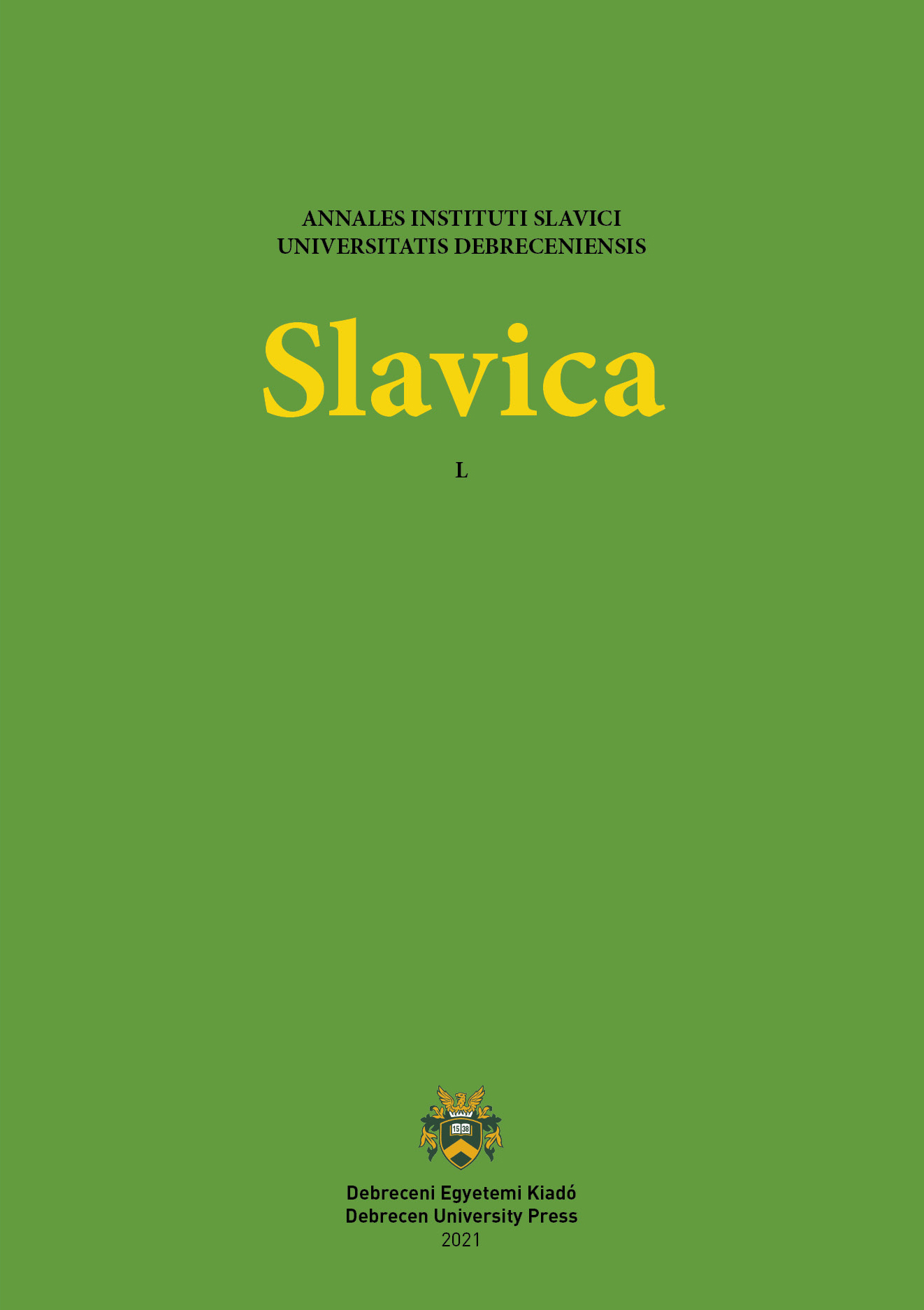Музыкальный экфрасис в повести И.С. Тургенева «Рудин»
Author
View
Ключевые слова
Лицензия
Copyright (c) 2021 Slavica

Это произведение доступно по лицензии Creative Commons «Attribution-NonCommercial» («Атрибуция — Некоммерческое использование») 4.0 Всемирная.
This is an open access article distributed under the terms of the Creative Commons Attribution License (CC BY-NC 4.0), which permits unrestricted use, distribution, and reproduction in any medium, provided the original author and source are credited.
How To Cite
Аннотация
Тургеневоведы часто употребляют слово «музыкальность» или «музыкальный код» при анализе художественной прозы писателя, поскольку Тургенев обращается к музыке в диалогах и при описании характеристики героев. Эта статья посвящена знаменитому музыкальному произведениюФ. Шуберта «Erlkönig», с которым читатель встречается в третьей главе романа «Рудин». В музыкальной сцене создается таинственная атмосфера гётевских баллад. В музыкальном произведении Шуберта тематизируются некоторые параллельные мотивы романа, такие как путешествия, мотив поиска пути и проблема «непередаваемости». Наша цель изучить, как эти мотивы проявляются в романе Тургенева. С одной стороны, в статье рассматриваетсяфункция музыкального экфрасисаи то, каким образом он может предвещать судьбу главного героя. Этот миметический музыкальный экфрасис позволяет интерпретировать роман с разных сторон. С другой стороны, этот интертекстуальный элемент можно воспринимать как «miseenabyme» (Л. Дэлленбах), что способствует более глубокомупониманию текста.

 https://doi.org/10.31034/050.2021.09
https://doi.org/10.31034/050.2021.09